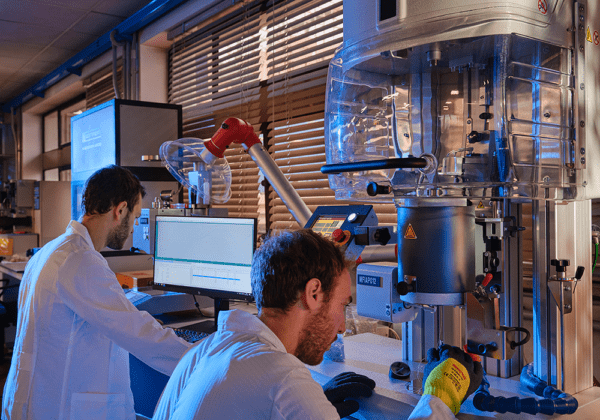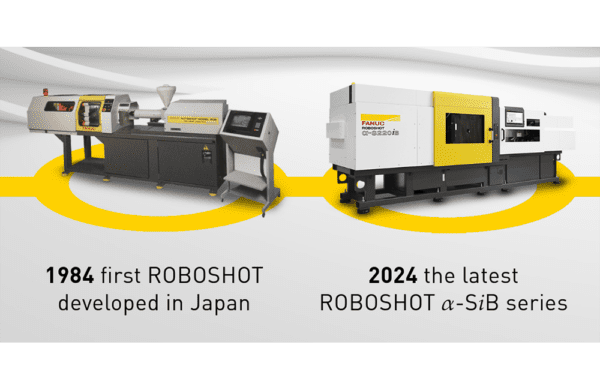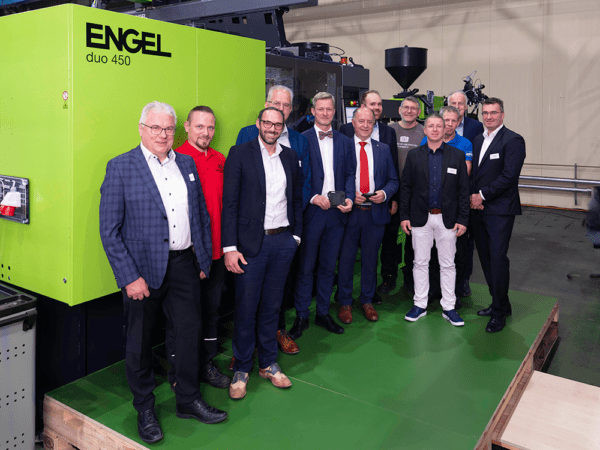
The Importance of Training for Successful Material Handling and Drying
Whilst most of us are aware that training is essential in all areas of the manufacturing and production process, very often training emphasis is placed upon polymer conversion machinery and process with little attention being given to ancillary equipment and material feed and handling systems.
The polymer conversion process begins with raw polymer material and material preparation and having a full, in-depth understanding of this very important area of the process is paramount.
Raw polymer material usually arrives at the polymer conversion plant in granular form utilising a number of different packaging methods, from 25kg bags to larger bag-lined cardboard bulk octabins, or by tanker for bulk storage in silos. As most manufacturing facilities use a wide variety of different raw polymer materials, and/or sometimes many different grades of the same polymer material, good storage practices and material identification/segregation is critical.
Storage
Ideally, raw polymer materials should be stored inside and away from the elements, at an ambient temperature that is close to the temperature of the manufacturing facility. This will reduce the possibility of condensation occurring on the surface of the raw material granule, and hence reduce the need to dry non-hygroscopic materials.
Clear identification is also paramount when storing raw materials. The appearance of most polymer raw material granules is very similar, making very specific labelling of individual polymers critical.
Problems that can arise from poor storage:
- Incorrect type of polymer material reaching the processing equipment.
- Incorrect grade of polymer material reaching the processing equipment.
- The need to dry non-hygroscopic materials.
- Additional handling and cleaning of conveyancing equipment.
- Unnecessary downtime of processing equipment.
- Contamination of polymer materials with other polymers.
- Safety issues arise from additional handling such as spillage of granules.
- Safety issues arise from the possible mixing of different polymer types.
- Additional power consumption of processing and conveyancing equipment.
Drying temperature and time
Some polymer materials are hygroscopic, meaning they absorb moisture from the atmosphere due to their polar polymer chemical structure attracting polar water molecules.
These hygroscopic materials must be dried prior to processing, through one of the many different makes of material dryer commercially available.
The temperature and time required to achieve a suitable level of moisture content for processing will vary depending on the type of polymer raw material in question. Although there are general guidelines available through the internet and some social media platforms for the drying of most polymers, it is always preferable to refer to the raw material suppliers processing data sheet for exact guidance.
Both temperature and time are critical factors when considering drying of polymer materials prior to processing and it is worth noting that over-drying of polymers can also lead to processing problems. With this in mind, the size of the dryer should be taken into account, and the throughput of material calculated prior to selecting a dryer for use.
Problems associated with inadequate drying:
- Poor surface finish of components – splash, splay, mica marks.
- Reduced mechanical strength of finished components.
- Reduced electrical properties.
- Discolouration of finished components.
- Change in melt viscosity leads to processing issues such as flash and short shots.
- In-service problems arise from reduced impact and tensile modulus.
- Dimensional inaccuracy with mating parts.
Summary
The correct handling of polymer raw material prior to processing is necessary for the successful production of quality finished components.
Suitable and sufficient training should be undertaken by all personnel involved in this critical part of the process in order to give an in-depth understanding of handling requirements.
To read more from Sierra 57 Consult, click here.

Sierra 57 Consult
01684 217 680





